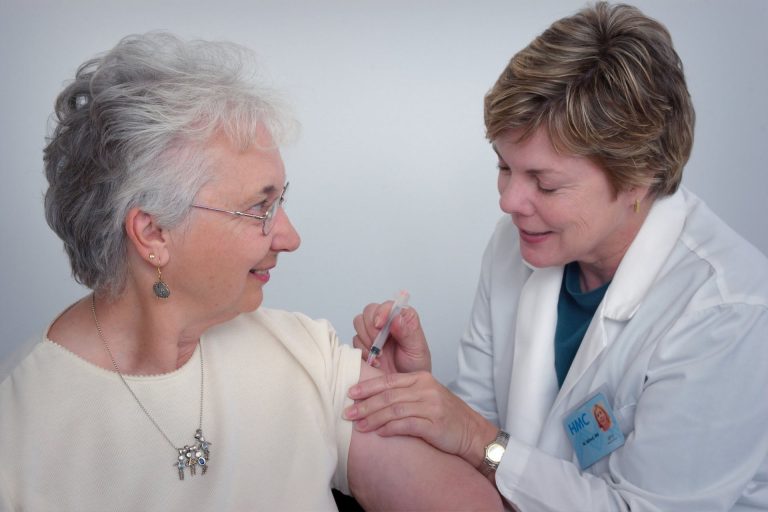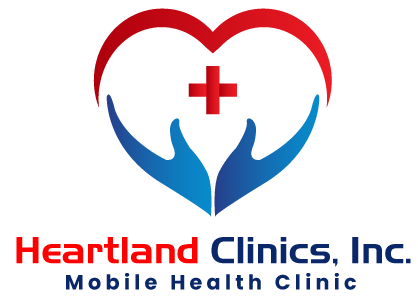
In terms of women’s health, rural Americans are often underserved. They have poorer access to health insurance and must travel greater distances to get medical attention. Additionally, rural women are often uninsured and rely on Medicaid and Medicare programs to help them pay for care.
Health insurance companies have a financial incentive to address population health by providing preventative care. In addition, they are also trying to reduce their costs, so they are utilizing mobile health clinics as a way to reach underserved communities. Highmark is one insurer that has tapped into the proven effectiveness of mobile units to provide medical care to rural areas. By providing affordable preventive services, mobile clinics help reach at-risk populations that would otherwise forgo medical care until they develop a disease. Earlier detection and management of these conditions will save the payer money in the long run.
Rural women are more likely to receive reproductive health services than their counterparts in the metro areas. This includes contraception and female sterilization. However, there is a higher risk of unintended pregnancy in rural women. Mobile health clinics in rural areas can help women make informed decisions about their sexual health.
Mobile clinics have other benefits as well, such as cost savings for the healthcare system. Because patients are more likely to be self-reliant in managing their health, mobile health clinics can prevent unnecessary hospital admissions and emergency room visits. They can also improve the quality of life of the clients they serve.

